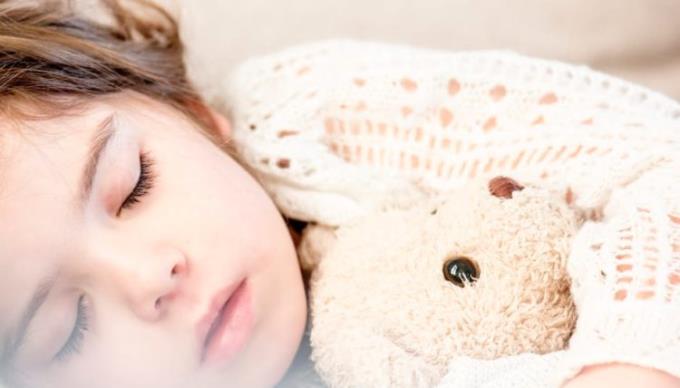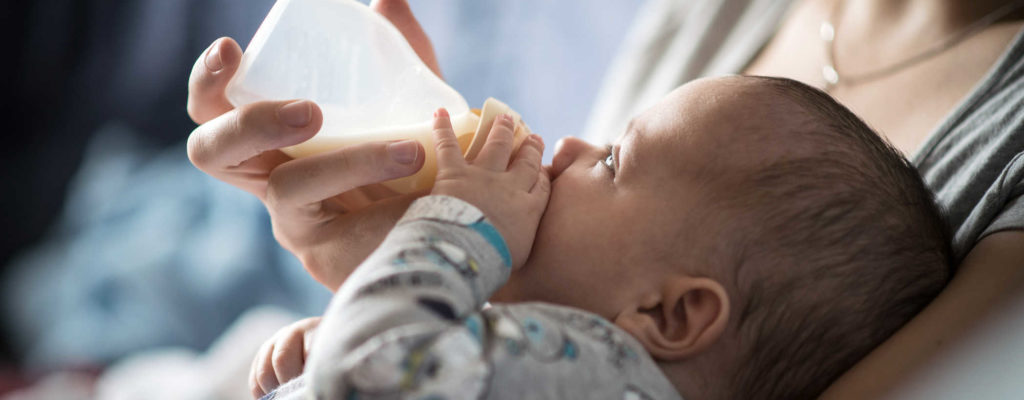Complete template of the whole vascular system in the body

After a series of medical measures they obtained a complete human vascular system profile.
About 30% of children sleepwalk at least once in their lives. This is a disorder that affects children. When left untreated, sleepwalking in children can be dangerous.
Sleepwalking is a sleep disorder that can be seen in children and adults, especially children with nocturia. Most young children are more prone to sleepwalking than teenagers. When sleepwalking, children walk and perform strange actions such as sitting at the head of a bed and staring or using electrical equipment, driving a car and wandering the street.
Sleepwalking usually occurs during the REM sleep phase (fast-moving eye sleep). Sleepwalkers do not know what is happening and cannot recall what they did after waking up.
A single sleepwalk can last from a few minutes to an hour. Sleepwalking babies often show no emotional expression, but behavior is on purpose. Most sleepwalking occurs 1-2 hours after the baby is asleep. Common symptoms of sleepwalking in children include:
Walk and perform tasks in deep sleep, children can eat, dress ...
Talking or mumbling in sleep
Repeated movements like walking in a circle, opening and closing the door, saying the same things over and over
Little or no remembering what the child did
Inappropriate behavior such as urinating wherever standing
Violent behavior
Screaming is a common symptom of sleepwalking along with the fear of the night
No response when asked, not knowing the presence of others in the room
Clumsy movements
Children sometimes roam into unsafe areas while sleepwalking, which is dangerous.
Chronic sleepwalking can occur due to one of the following reasons:
Lack of sleep is the most common cause of sleepwalking in children
Abnormal sleep habits, change in bedtime, disturbing sleep
Sickness or fever
Stress or anxiety can also cause sleepwalking and night disturbances
Having a medical condition that also affects sleep, for example, children with sleep apnea syndrome, epilepsy and restless leg syndrome (RLS) are more likely to sleepwalking.
An overly stretched bladder can cause sleepwalking and urinating in inappropriate places
Fear of the night can lead to sleepwalking
Sleepwalking can also be hereditary
In addition, sedatives, head injuries, and migraines can sometimes cause sleepwalking.
The diagnosis of sleepwalking is based on confirmation from a parent of a child sleepwalking. Your doctor will gather information around your child's bedtime, nighttime habits and medical history to get the best overview. To determine the cause of sleepwalking, your child can do physiological and psychological tests.
If you suspect that your baby has something that causes sleepwalking, your doctor may recommend additional tests to diagnose your baby's condition. If you visit a sleep specialist, you may be asked to keep a child's sleep diary for monitoring and evaluation.
Sleepwalking in adults is often treated with hypnosis, with a high success rate. Drug therapies, including antidepressants and hypnotic drugs, are also useful for sleepwalking adults. However, there is no special method to treat sleepwalking in children.
Children tend to be prone to sleepwalking, a sleep specialist can focus on improving a child's sleep and bedtime habits. This will reduce the number of sleepwalking and eventually the baby will stop sleepwalking. If the sleepwalking is caused by a child with an illness, treatment for the illness is necessary.
If you notice that your child is sleepwalking, do not try to wake him up because waking up in a sleepwalking state will make him confused, frightened or even irritable. So what do you do when you see your baby sleepwalking?
Do not panic
Gently guide your baby back to bed and stay with him until he or she is safely asleep
Comforting children, such as: "I'm safe, go back to bed and sleep comfortably". Speak to your child in the softest voice possible
Not shouting or talking in a voice that is too loud, may startle the child and get scared
Do not try to restrain them by restraining the child or tying hands or feet… as this can threaten and cause the child to become violent in self-defense (especially if the child has phobia).
You cannot stay with your baby forever and need to sleep. So here are some ways you can keep your baby safe.
Get rid of any sharp-edged objects or water tanks in your child's room
Get rid of anything that might cause your child to trip and fall
Place a barrier in rooms or dangerous places such as stairs
Lock windows in child's room. Also, lock the door if you are sleeping in the same room.
Most importantly, don't let your baby sleep in bunk beds, as they are likely to fall out of bed.

Here are a few tips that might help you:
Create a fixed bedtime for your baby, whether it's a weekday, weekend or vacation to sleep at that time.
Make a habit of relaxing at night or before bed, like taking a warm bath, reading soothing content, or listening to relaxing music.
Create a comfortable and gentle environment for your child. Keep the room dark, the night light is moderately bright and eliminate any noisy sounds that make it easier for babies to wake up.
Make sure your child's room temperature is moderate, not too hot or too cold.
Limit the amount of water or other liquids your baby drinks at bedtime. Also, make sure your child has gone to the toilet before going to bed.
Children should not drink any drinks with sugar or caffeine.
Some sleep experts recommend waking up at least 15 to 20 minutes before sleepwalking occurs. You can use the alarm clock to wake your child up.
You can also have your child try meditation and other stress relief techniques to prevent sleepwalking. If anything in particular can cause sleepwalking, try to prevent or avoid them. Talk to a sleep specialist if you have concerns or doubts about this.
Some lifestyle changes can help prevent or reduce the chance of children sleepwalking.
Good nutrition will help maintain a healthy weight and body, and help sleep well. If they are obese or overweight, they may have trouble sleeping.
A tired person often "sleeps like death". Therefore, regular exercise is the best way for the body to be active and have a deep sleep, so the sleep room. Walking, jogging, cycling or doing household chores can help reduce the likelihood of a child sleepwalking.
Give your child enough sleep . This can help reduce sleepwalking. Be mindful of things that can keep your baby from sleeping well. Children are stressed? Are children sleepy or moody?
Avoid visual or hearing stimulation as this can trigger nightmares and sleepwalking.
Reduce nap time.
Using essential oils like lavender, chamomile, and aromatherapy in the bath can also help your baby sleep better.
Learn more about foods that help your baby sleep better and that can prevent sleepwalking.
And finally, sleepwalking is no joke! Seeing a sleeping child get up and walk and do stupid things, you might think is normal, funny. However, sleepwalking is not easy and can put a child in danger while sleepwalking.
Sleepwalking in children may not be a serious illness, but for prevention and treatment, it should be taken really seriously. If you see signs of somnambulism in your baby, take him to the doctor for the best advice.
After a series of medical measures they obtained a complete human vascular system profile.
Watermelon is one of the fruits that many people love, not only cheap but also delicious, nutritious and refreshing in the summer. To get delicious watermelon pieces, show off your housewives, your artistic talents to cut beautiful pieces of watermelon.
The dog is an animal that is close to humans, it is also the first animal that humans were purebred, about 15,000 years ago at the end of the Ice Age.
aFamilyToday Health - The digestive system and body in each baby is different. Parents need to recognize notes to deal with when babies have a food allergy!
Babies need many factors for perfect development. aFamilyToday Health shares with parents things to keep in mind when babies are 8 weeks old so that parents can take care of their babies the best!
Babies need many factors for perfect development. aFamilyToday Health shares with parents things to keep in mind when babies are 18 weeks so that parents can take care of their babies the best!
Babies need many factors for perfect development. aFamilyToday Health shares with parents things to keep in mind when babies are 28 weeks old so that parents can take care of their babies the best!
Babies need many factors for perfect development. aFamilyToday Health shares with parents things to keep in mind when babies are 32 weeks old so that parents can take care of their babies the best!
aFamilyToday Health provides basic knowledge about 3 popular formula milk types, helping you to choose the right milk for your baby's needs.
In addition to giving babies the opportunity to enjoy valuable nutrition, what other interesting benefits can breastfeeding mothers enjoy?








